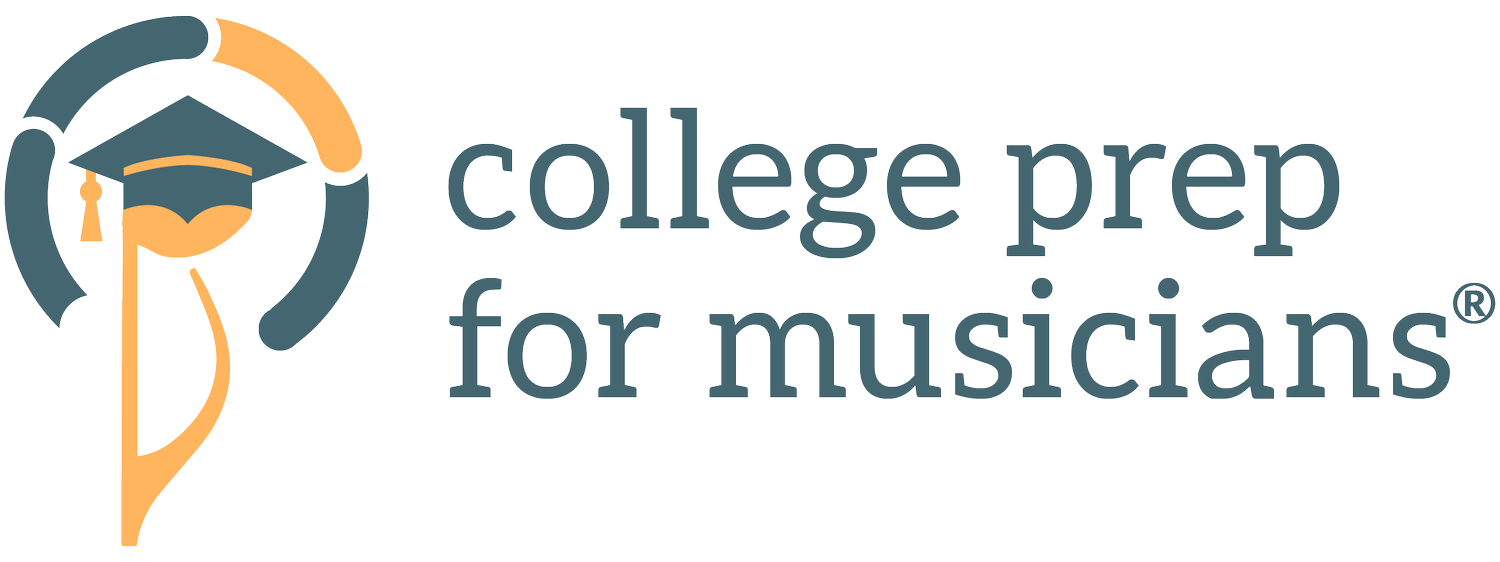The score reader studies scores in advance of rehearsals and performances to check for errors and assist production teams preparing for performances.
Score readers play an important role in the process of planning a performance by ensuring rehearsals can begin without delay and in some cases by serving as a liaison between the performers and technical production crew.
Score preparers, sometimes called copyists, will meticulously examine the score for a performance session to check for errors or areas of confusion. Once they approve the score, they will then check the parts for each musician to confirm they match the score and are free of any mistakes. In some cases copyists are also the ones who create the individual parts from the full score, using music notation software to create sheet music that is both accurate and comfortable to use, considering where page turns should be and the typesetting to use. Their detailed preparatory work allows conductors to begin rehearsals on new scores seamlessly, with no expensive ensemble rehearsal or recording session time wasted correcting score issues. In a performance art where even a single note can ruin the experience, a score preparer makes a significant difference.
Some score readers do just that: read the score in real-time with a rehearsal or performance for those who cannot. Score readers are able to help production crews prepare lighting and camera cues throughout a performance for maximum effect. They will read through a score in advance, marking what instrument section is most important at any given moment and highlighting exciting moments like soloists’ entrances. The score reader’s prepared score provides a roadmap for the video and lighting crews to follow and rehearse in advance of the actual performance. This creates a more visually fulfilling experience for the audience and helps enhance the music happening on stage.
Score reading and preparation is commonly taken on by conductors still in training or early in their careers due to the skills and repertoire knowledge required. Degrees in music help provide the performing experience and musical proficiency called for in score reading. This job is usually a part-time endeavor, but can be full time in some major performance organizations and can be a great opportunity for both professional experience and networking.
What are the education requirements?
A Degree is Recommended
What degree is recommended?
Bachelor's degree
Master's degree
Zack Sahms
View Bio


